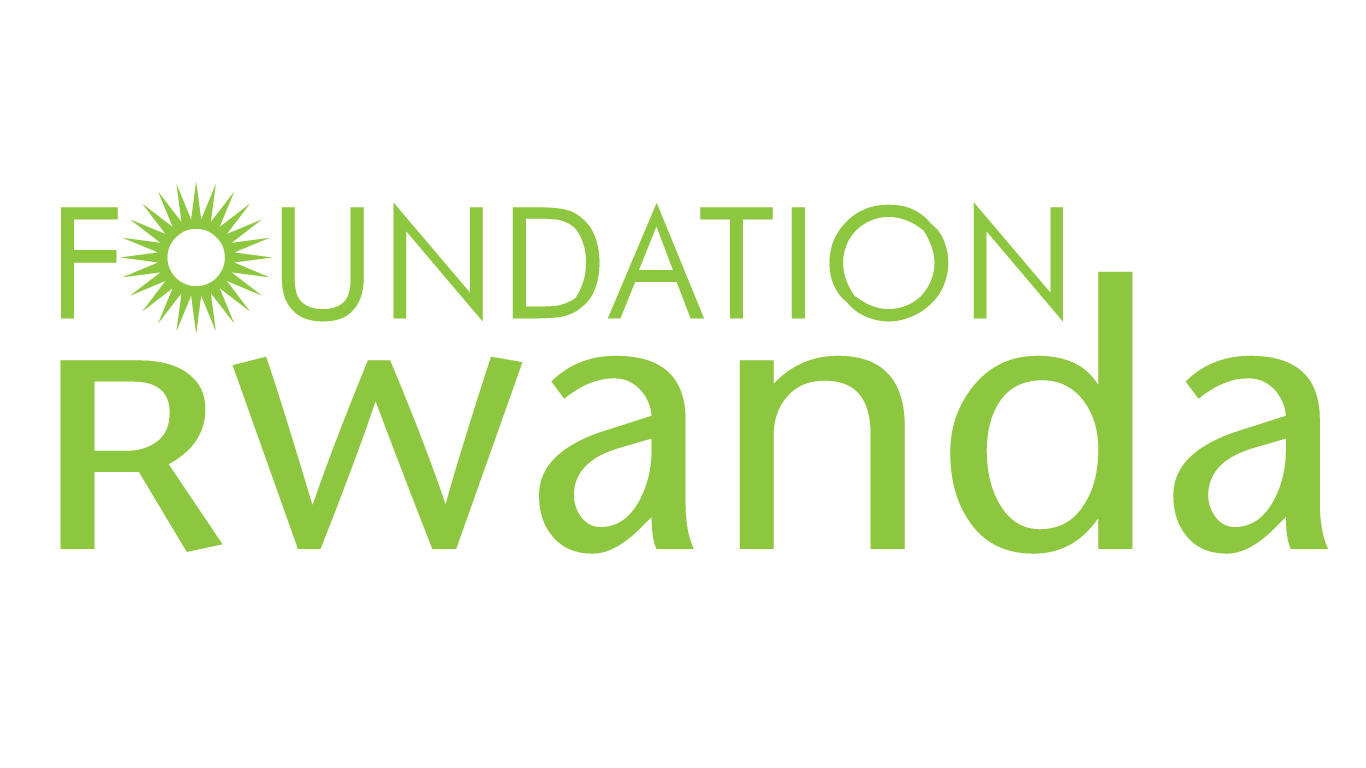Athanse and Her Mother, Winnie
Kibuye, Rwanda
One evening my mother called me and asked me to escort her somewhere, so we walked up to the hill and sat on the rocks. I asked my mother why she brought me there, and she said, “You have always told me that I should tell you who your father is and that people tell you that the man I married is not your father.” And I said, “Why are you not telling me who my father is?” My mother said: “I could not tell you who is your father because I don't know who your father is, I don't know. During the genocide many people were killed and many women were raped, and I was among those who were raped during the genocide and that is how you were born.” So I said, “Just tell me about my father, did he die? Tell me something about him…” My mother said, “I don't know anything about him, I was raped but lucky to survive.” I looked at her and felt very sorry for her, this broke my heart. I felt very bad, but inside I felt that I needed to forgive her, because it was rough asking her many questions that were difficult for her.
This will also affect my children and their children. We will continue asking unanswerable questions that will never end, as I will never know who my father was and will never have a family. They will want to know why they don't have grandparents. It will be a multigenerational challenge of explaining the void in our family.
My relationship with my mother is good, it’s an open one, I tell her everything, she knows what makes me happy. I don't hide anything from her. Since my mother disclosed to me how I was born our relationship improved. I realize now that she is the only one I have in my life, and I will share with her everything. I think that my mother is a brave woman, and I am who I am because of her. My mother does not tell me she loves me many times, but she does things that let me know that she loves me, like selling her cow and land so I can go to university.
It affects me badly knowing I was born from a killer, a rapist. I would not wish to meet my father ever, because I would not want other people and fellow students to label me as the daughter of a killer and rapist. I wouldn't like to associate myself with him if he was alive, because of what he did. I wouldn't even think of forgiving him because of what he did to my mother. Perhaps he also raped other women, how can I forgive such a person? It makes me feel very bad knowing I was born from a Interahamwe (Hutu militia killer). It weighs on me heavily to carry this bad secret, knowing what my father did.
It makes me feel bad living in this community because people know who I am and how I was born, people are pointing at me because of how I was born. I would be very happy not living in this community and living in a place where I am not known.
I see myself as a mix of Hutu and Tutsi, as my mother is Tutsi and my father is Hutu. In modern Rwanda it does not matter what tribe you come from. In the past, people identifying themselves from different tribes led to the genocide, so in modern Rwanda it’s not important to identify yourself by your tribe.
My message to the world is that the genocide that happened in Rwanda was calculated and planned; it took time for the perpetrators to work within the population of Hutus and “educate” them about how bad Tutsis are. My message is: “People of the world, think critically, don't just accept what politicians are telling you, but think of the consequences of what you are told, value humanity, feel that if you are a human being and alive, your fellow human beings have a right to live, not to feel that one has more reason to live than the other. To feel human and to be human.”
-Athanse, daughter of Winnie, 2018


